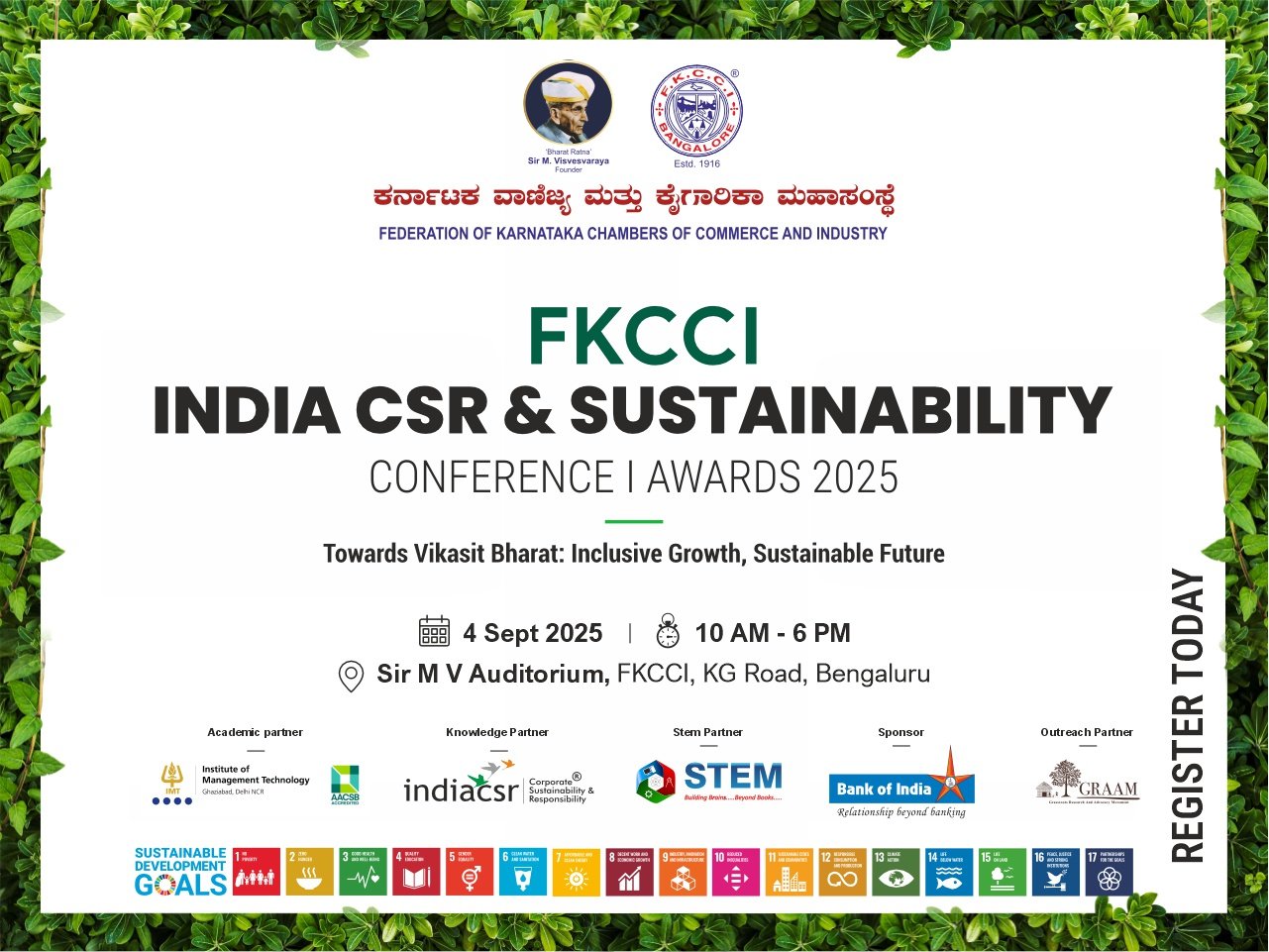A labourer was digging holes alongside a road. The other worker was filling those holes with the same debris. Someone asked them “Why are you wasting your time digging and filling the same holes?”
They replied, “We are doing what we are told. The person who is responsible for placing the electric poles in the holes hasn’t come.”
During the Election Campaign in 2014, Prime Minister Narendra Modi had jokingly shared this story to narrate how India’s policy and programmes are output driven and neglect outcomes and impact.
The story is relevant for Corporate Social Responsibility too. To accelerate the pace of development involving private companies and civil society, the Indian government played its bit in creating a framework. On April 1, 2014, India became the first country to legally mandate corporate social responsibility.
The new rules in Section 135 of India’s Companies Act allowed companies to help in eradicating hunger and poverty, promoting education and gender equality and promoting health care.
Over seven years have passed since then and more than Rs 50000 crores have been spent on CSR but the outcomes have largely been invisible.
Claims
Last year during the lockdown, someone from the PR department of a company asked me if India CSR could write a story on their CSR programme which impacted ‘thousands of lives’.
I told her since we cannot travel, we would not quote unverified numbers. If she shares any impact assessment done by a third party, we will consider the story.
She promised to share the report. She never got back!
We see press releases every day with claims of CSR funds impacting millions of lives. Why are we not seeing change on the ground?
The government of India’s data portal csr.gov.in reflects what is missing in the CSR ecosystem. We have some structured data available on sectoral, company-wise, and geographical CSR spending but we don’t see what happened to the monies that were spent.
New amendments in CSR Act
Apart from infusing money in the development sector, the intention of CSR was the involvement of companies in the hope that they would bring in diverse expertise and fresh insight in solving the myriad social problems.
However, the only visible outcome of the new legislation has been the magnitude of amount spent by India’s corporate.
Most companies have their websites full of pictures and fancy words about their ongoing or completed CSR programmes. But they often deliberately skip details on how they are affecting real change on the ground. The information is mostly concentrated on answering “Where did our money go?” and rather than “What, Why and how did we accomplish?”
The newly notified amendment in Companies (Corporate Social Responsibility) Rules, 2014 and Section 135 of the Companies Act, 2013 on January 22nd, 2021 mandates every company, which is obligated to spend a minimum CSR amount of Rs 10 crore and above, should undertake impact assessment (through an independent agency) for those CSR projects that have outlays of Rs 1 crore and above.
Annual These are now more detailed, requiring information on the CSR committee’s composition, its meetings, amounts transferred to the Unspent CSR Account or to a fund specified in Schedule VII, and the capital assets that have been created, acquired, or transferred.
Additionally, the rules now require the company’s Chief Financial Officer (or equivalent) to certify that the CSR funds have been disbursed and utilised in the manner approved by the board of directors.
Details of the impact assessments undertaken, specific disclosures of the amounts incurred towards administrative overheads and any other information on CSR projects—whether they are new projects or ongoing projects are mandatory to be published on the website.
These new rules albeit complex, will give new directions to CSR planning and grantmaking and help CSR teams to look at these from an outcome lens.
Collaborative action holds the key
India has witnessed many successful collectives in the last few years consisting of Civil Society Organisations, corporate and experts.
For example, EdelGive Foundation has built, curated and nurtured various collaboratives that consist of stakeholders, funders and NGOs. It has created two collaboratives, namely Collaborators for Transforming Education and Coalition for Women Empowerment.
Another Success story is ACT Grants, a non-profit alliance of more than 100 volunteers from start-ups and VCs. The grant was launched in March 2020 with an INR 100 crore grant to help scale tech-driven companies that can fight against COVID-19, connect companies with relevant products and solutions to local, state & national governments, and NGOs fighting the pandemic and help grantees scale by bringing together networks, startups, and additional grants as a force multiplier.
With this approach and the collective support of the startup community, ACT in phase one was able to fund 54 startups & 100+ projects, impacting 49 million lives across 27 states.
These collaborative are successful because they are purpose-driven and put a cascading effect on programmes with the pool of resources (both financial and human) from among multiple organisations.
CSR fraternity needs to go beyond ‘ego & logo’ syndrome and learn from the success stories of these collaboratives.





















